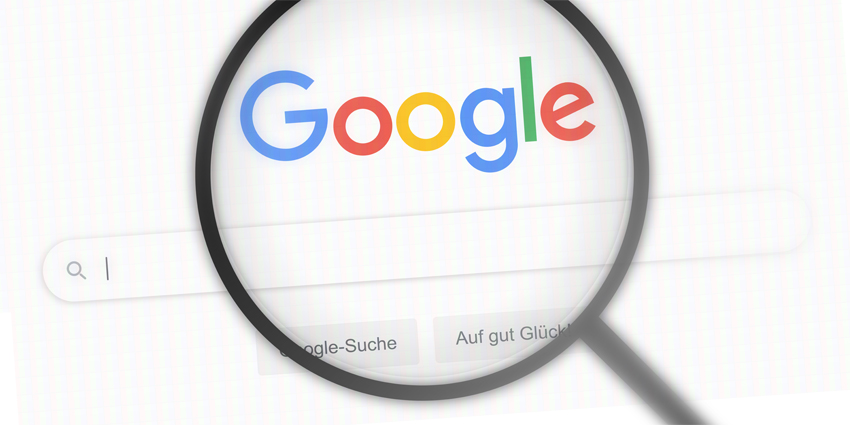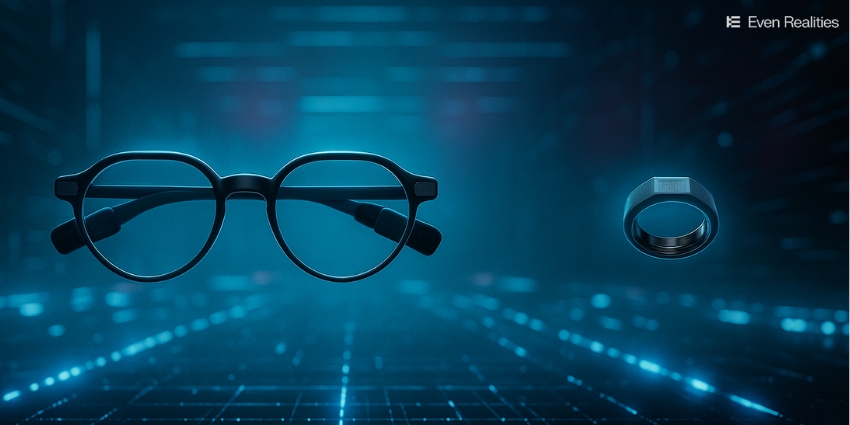During Google I/O 2024, a developer-focused product showcase, the firm unveiled new Geospatial Creator AR tools to boost location-based immersive experiences this week.
Among the various announcements covering technology like AI, ML, and more, Google revealed an AR pilot program established in partnership with different brands and firms to showcase how location-based immersive experiences can bring value to brands and tourism sectors.
By enhancing its existing ARCore, Geospatial Creator, and Photorealistic 3D Tiles, the firm can support sophisticated immersive content that matches the expectations of significant brands. Google also leverages its Maps application to allow smartphone users to operate AR content via integrated services such as Street View and Lens.
Select map locations now have an “AR Experience” option, allowing smartphone users to point their cameras at a location and see related AR animations and assets.
Alternatively, the AR Maps feature supports deep link URLs or QR codes on social media to allow people to see the immersive visuals.
Google Expands AR Experiences with Industry Partners
To promote and refine its new location-based AR features, Google is running an early access program with local firms in the Singapore and Paris areas later this year.
The six-month pilot program aims to demonstrate real-world use cases of location-based AR. Google believes many firms could leverage location-based AR for marketing and brand outreach, providing an engaging and data-rich way for brands to connect with customers.
For example, during the pilot period, the Singapore Tourism Board will work with Google’s Arts & Culture division to build immersive experiences based on “key tourism precincts in the city.”
The Singapore Tourism Board, via the pilot program, is launching Merli’s Immersive Adventure, which provides users with a fun interactive experience while also providing tourists with insights into the city, such as information on restaurants.
This integration, therefore, gives visiting tourists using Google Maps to navigate their journey a greater understanding of areas they are visiting for the first time, enhancing their journey and their interaction with the local area and its businesses.
In Paris, Google’s Arts & Culture division is working with Rock Paper Reality to provide an immersive historical experience to help visitors learn more about the city’s extensive history.
Rock Paper Reality’s pilot AR service aims to recreate the 1900 Exposition Universelle country pavilions and unrealized Eiffel Tower modifications as immersive assets that teach tourists in an evolving digital manner.
Enahcened Geospatial Creator for Developers
To entice AR and RT3D developers to try out Google’s new AR tools, the firm is introducing new accessible avenues to the service.
First, Google is debuting the new Geospatial Creator solutions on the Adobe Aero suite to boost access to the platform.
Moreover, Geospatial Creator recently received updates that allow Unity developers to create and adjust large-scale anchored AR content using the embedded C# programming language.
According to Google, the Unity integrations help immersive content developers attach AR experiences to multiple locations with prevalent locational information.
Specifically, Google is expanding its ARCore Geospatial API to include India, a fledging hub for emerging digital and XR solutions.
Google, HP to Boost Project Starline
The news comes hot off the heels of Google’s recent partnership with HP to distribute its Starline product by 2024. Just days ahead of the Google I/O event, HP partnered with Google to revive the latter’s immersive video conferencing solution, Project Starline, from its development stages.
The device was first announced at the 2021 I/O conference and underwent several years of development. HP is now working with Google to fully commercialize the product in preparation for its market debut in 2025.
Project Starline aims to enhance remote conversations by displaying a 3D image of a co-worker that realistically conveys depth and movement. It also tracks the caller’s position and creates corresponding animations based on head and eye movements.
The companies plan to market the product as a hybrid working tool. HP’s expertise in distributing enterprise-grade solutions, such as unified communications and audiovisual technology, will help Google sell Starline products worldwide.
Google reports conducting extensive internal and partner testing to improve the Starline product in research and development environments.
By partnering with HP, Google aims to leverage HP’s commercialization skills and integrate popular video conferencing services like Google Meet and Zoom. Previously, Google conducted an early access program to test Starline with various enterprise end-users, including Salesforce, T-Mobile, and WeWork.







